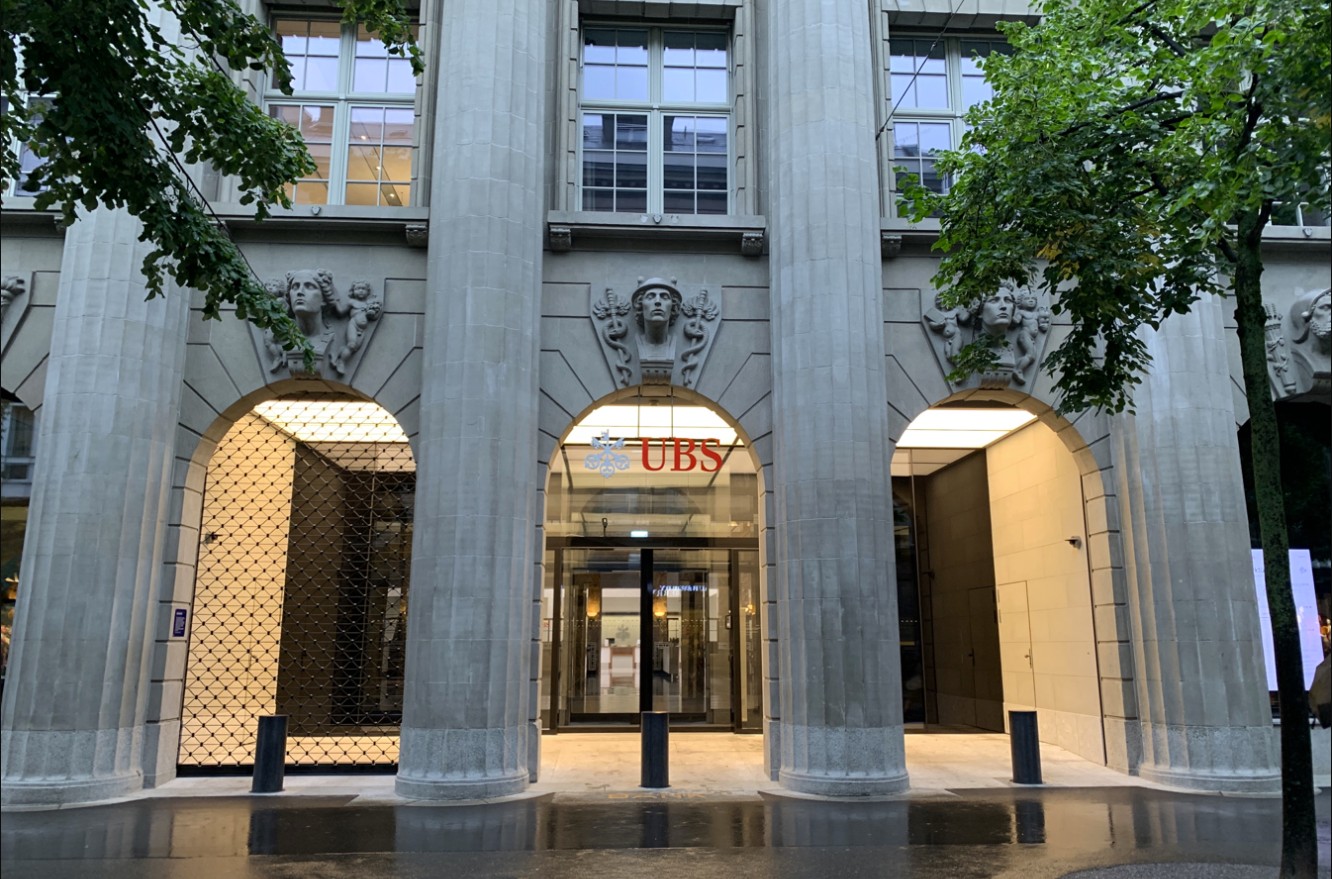
Five interview tips for investment-banking

Robert Ellison
20 years: Capital markets & banking
Let me start with a warning. Investment banks are supremely neuro-diverse environments, which makes final-stage interviews highly subjective.

Hi folks. Let me start with a warning. Investment banks are supremely neuro-diverse environments, which makes final-stage interviews highly subjective. What excites me about a candidate could be far less valuable to other hiring managers. The best way you can prepare for this process is to be open minded, collecting different perspectives. In this spirit, here are mine. I hope you find this useful, and good luck!
The five key questions
When you’re in the final stages, being interviewed by the desk head or a future colleague, they’ll ask questions where the point is to actually get to know you as a person. People hire people, not grades or lists of achievements. Your CV got you in the room, but it won’t get you the job. Luckily, bankers are not renowned for being highly imaginative and five questions are tabled in this room with incredible frequency. There’s no excuse for being underprepared for these.
Why do you want to work for <bank>?
This is a typical opener, and it can be a trap. The truth is, capability-wise, most firms are “middle-of-the-road” at most things. Over the years, banks’ ethos & culture have become fairly homogenous too (though they won’t admit to this). Do enough research to avoid the obvious traps. For example, if you’re being interviewed for an equity derivatives role at SocGen, and you answer anything but: “SocGen is a centre of excellence in this field, and I will learn a hell of a lot here”, then you won’t get the role. Otherwise, research the ambitions of the bank to grow in your chosen area, and the investments they are making to reach that goal. Don’t fall into the trap of listing a firm’s recent banner deals, strengths and advantages, or parroting PR messages: you have ZERO informational advantage in this room, and there is a risk to your credibility if any of your messages are off-beam. You’ll be on the back foot for the next hour.
A low risk answer could be: “I met <person> at <graduate event/assessment day>, they seemed really <approachable/upbeat/smart>, and they spoke very positively about their experience starting their career at <firm>, and encouraged me to apply.” Back that up with some of your own research, and you’ve given a reasonable answer. If you’re tempted to take a bit more risk here, you can actually be “up front” about the fact that you’ve put yourself into multiple recruitment processes, but then go on to share your observations about how the recruitment process at <bank> has been incredibly slick and professional, and along the way, you’ve been particularly inspired by <person/event>.
-
Why do you want to work in <business area>?
Back in 2000, we were in the midst of a dotcom boom and equity markets were ripping higher every day. I was applying for roles in Fixed Income, and I described my reasoning for this preference as follows: “I want to work in Fixed Income because I don’t want people constantly harassing me for stock tips”. This answer had the advantage of being authentically true, but it was glib and a missed opportunity. A far better answer to this question would demonstrate that you have: 1. Self-awareness, and 2. A proper understanding of the aptitudes required for the role. Here’s some examples:
“I love teamwork. I get excited working on big projects. I’m analytical and resilient. Based on this, a role in M&A would suit me very well.”
“I thrive under pressure. I have excellent concentration. I’m a quick thinker and I’m great with numbers. A trading role would be a great match for my skills.”
“I’m highly competitive. I have great attention to detail. I’m a fast learner and I thrive on teamwork. Capital Markets would be a great environment for me.”
“I’m a great communicator. I excel in building relationships. I’m good with numbers and quick on my feet. I should work in sales.”
This way, you’ve opened the door to lots of follow-up questions testing you on these attributes. If you can’t think of relevant stories to back these points up, then maybe you should ask yourself if you’re applying for the right role.

Where do you see yourself in ten years’ time?
This is a very easy question for an interviewer to ask, but surprisingly difficult for a candidate to answer, especially if underprepared. I’ve personally always struggled with this one. There are many ways to answer this badly: for example in a way that is unrealistic, too specific, or overly-focussed on hierarchy and status. An example of a VERY bad answer would be: “In ten years’ time, I want to be an MD”. I have never hired anyone who gave such an answer. A great approach is to address this question in terms of professional growth. Assuming you get the job, and actually survive the next ten years, then it will be because you will have built amazing expertise in your field. You will have a reputation for your integrity, skills and experience. So describe that: in a client facing role, it means you’ll be the go-to person for customers who trust you to help solve particularly challenging problems. If you’re a trader, then in ten years’ time yes, you’ll have a great reputation with customers, but even more so amongst your sales, risk management and operational colleagues. In M&A, after ten years climbing the ranks you won’t yet be a rainmaker - instead you’ll be a trusted senior member of the pitch & execution team, with a reputation for exceptional client service. In all these roles, you’ll be in a leadership position, growing and influencing younger members of the team. Indeed you hope to be trusted to identify and recruit the next generation of talent, just like the person sitting across the table from you. Reputation, integrity, expertise, trust, influence, reliability, relationships and leadership are key components of a great answer to this question.
-
Can you tell me about a time you’ve failed?
I can pinpoint my answer to this question as the one that got me hired by UBS all those years ago. Back then, it was quite a provocative and unusual question. Today, this question appears frequently in directed/scripted interviews. Banking professionals are genuinely interested in the concept of failure, and how we react to it as individuals and organisations. Matthew Syed’s book on this topic “Black Box Thinking” has been very widely read by bankers, consultants and corporate leaders. In the room 20 years ago, I described how I failed my Oxford interview through overconfidence and lack of preparation, how disappointed I was, and how I felt I’d let my family down. It was an authentic opportunity to show how I set myself a high bar for performance, came up short, and how invested I was in the result. The interviewing director picked up his mobile phone at that very moment and asked the desk head and the line manager to come and complete the interview, 3-on-1. I was offered the role the next day.
-
Is there anything you’d like to ask me?
This question usually comes at the end, and when it does, it’s very important to remind yourself that interviewing you is not this person’s day job. The moment these words leave their mouth, (from their perspective) the interview is essentially over: they’re already mentally planning what they need to do when they get back to their desk. From this precise moment onward, you have 50% of their concentration, maximum. They’re not rude, just busy. The worst thing you can do here is to try to initiate a deep conversation showcasing your market awareness, or (worse) the fact that you read the FT that morning and saw that <bank> just announced quarterly results, or led a high profile deal. It's far from a given that your interviewer has the mental bandwidth for that conversation.
Equally, you do actually have to ask a question - so if there’s something you’re genuinely curious about, then go ahead and ask. Or you could ask them about how they got started in the industry. This is a topic they know well, and a conversation that you will find interesting which can easily continue, very naturally, even if they are escorting you back to reception. Well done - your parting impression is that you’re easy to talk to! Here’s an alternative (higher risk) approach for when you’re 100% confident you have your interviewer’s full attention: Ask simple, practical questions about how you would be working together on a day-to-day basis, if you were to get the job. This is impactful in three ways:
- It's useful information,
- It establishes that you’re thoughtful and hungry, and
- It's an invitation for the interviewer to visualise you as a team member, getting things done and helping to grow the business.
If you can successfully develop a conversation like this, without appearing presumptuous, then there is literally no better way to end the interview.

About Rob
Rob has worked in the city for 20 years. He graduated in law at the University of Edinburgh, and started his finance career in September 2000 as a graduate trainee in UBS’ DCM department. He was promoted to MD in 2010. He’s been a bond originator, a syndicate trader and a coverage banker. He’s been responsible for global teams, and interviewed hundreds of candidates, in each of these disciplines.

Robert Ellison
Share "Five interview tips for investment-banking" on
Latest Insights

UBS and Switzerland: Capital hikes are not the right tool for the job
15th October 2025 • Prasad Gollakota

Trade deals & trade wars: The regional impact
23rd May 2025 • Adrian Pabst and Eliza da Silva Gomes

Unpacking the truth behind U.S. Treasury market volatility
17th April 2025 • Prasad Gollakota




























